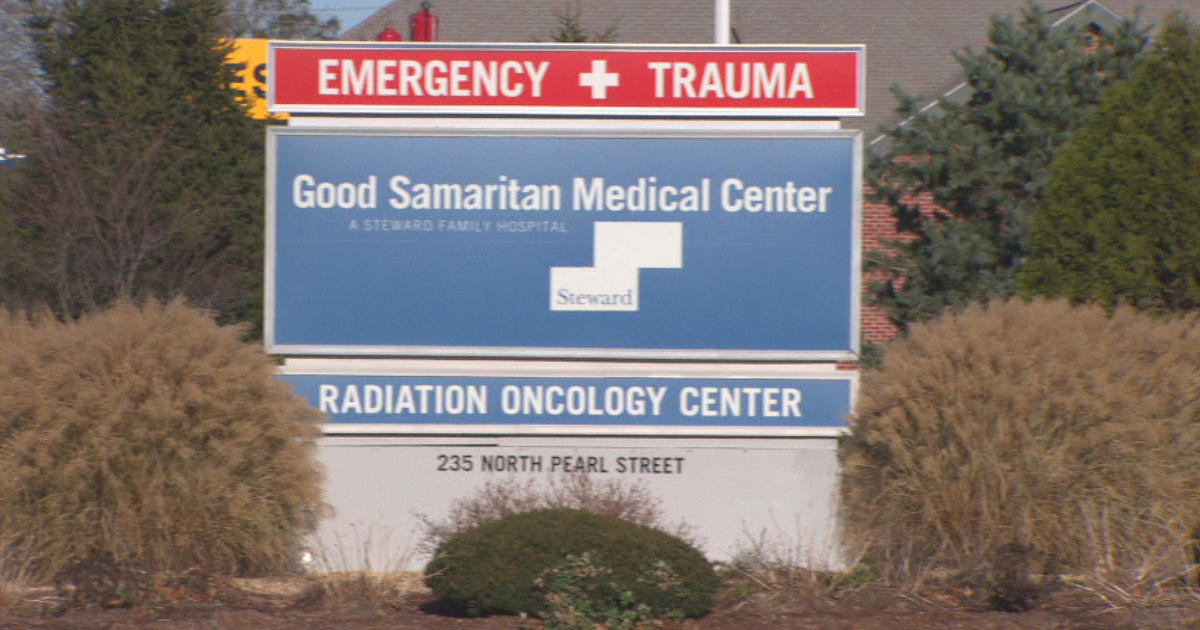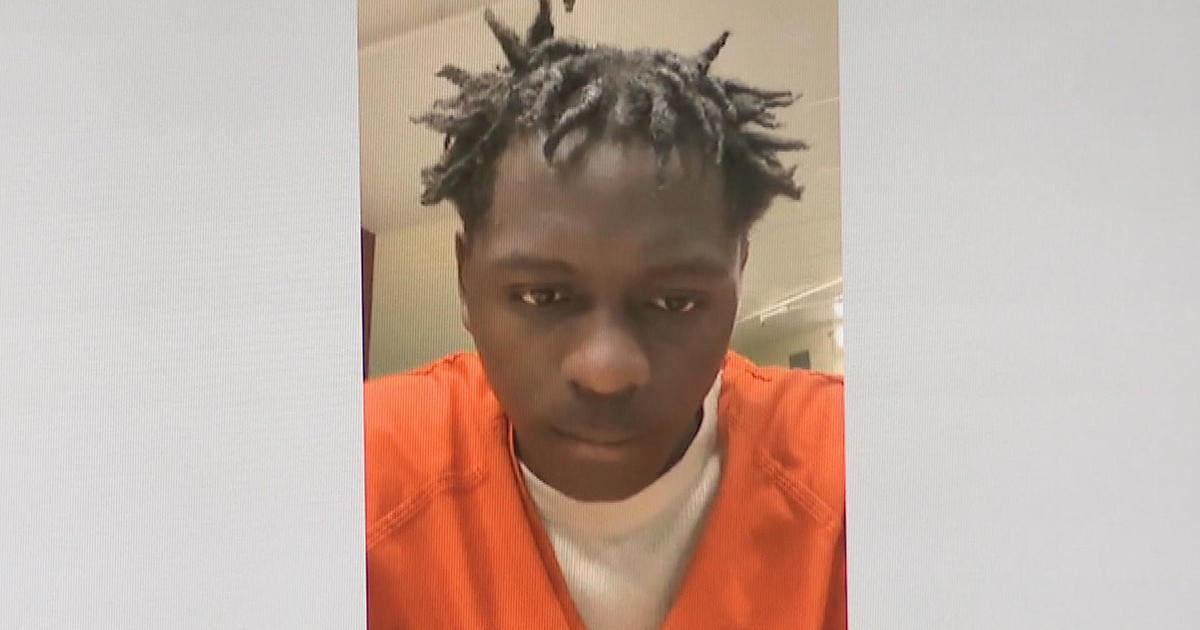Matters Of The Mind: Mental Health And Crime
BOSTON (CBS) – A lack of treatment options is leading to large numbers of people with mental illness being locked up, according to experts in both criminal justice and mental health.
"There are so many people that are locked up right now because there's not a good plan," says WBZ-TV Security Analyst Ed Davis.
Read: More Matters Of The Mind
Research from the Centers on Sentencing and Corrections finds that despite a drop in violent crime by 49-percent between 1983 and 2013, the number of people in prison nearly doubled from 6 million to 11.7 million. They also say men and women in prison are at least 4-to-6 times as likely to be mentally ill as the general public.
Criminal justice reform groups point to the war on drugs and the deinstitutionalization of mental health hospitals for the growing problem.
"The absence of treatment in the community puts the court at the place of do nothing, because there's very little treatment options, or put him in the county jail where I know he'll be safe and the community will be safe," John Larivee of Boston-based Community Resources for Justice. "But in terms of ending that behavior or treating that behavior, it just continues in prison or jail."
Services offered by CRJ include halfway houses that serve about 1,100 people released from prison in a year. Larivee says 40-percent of those residents come with a diagnosed mental illness, 20 percent of which are considered serious by medical experts.
"Our job is to get them ready to live free in the community," says Larivee. That includes helping residents find a job and navigate treatment if they need it. However, residents generally stay at a halfway house for three-to-six months and that time is sometimes not long enough to get enrolled in a program like the Massachusetts Health Connector.
While community health centers can be a big help to Larivee and CRJ, there's simply not enough options equipped to deal with mental health on a consistent basis.
"The amount of money that is being spent on it is extremely large," said Davis, who points to a lack of communication among lawmakers, law enforcement and the mental health community. "There doesn't seem to be a good coordination of resources."
Davis also looks behind the headlines of extreme crimes to point out that, more often, people with mental illness are actually the victims of crime. Though every person is different, this can be true of members of the homeless community, victims of domestic violence, or mentally ill living in an assisted living facility.
"There were times I'd go out at night and see people sleeping on a bench, but they won't go to a shelter because they're afraid they're going to be victimized," said Davis, a former Boston Police Commissioner.
The Massachusetts Department of Mental Health told WBZ-TV via email that people with mental illnesses can recover or manage their conditions and go on to lead happy, healthy, productive lives.
For more information on finding help, please see this reporter's notebook.



